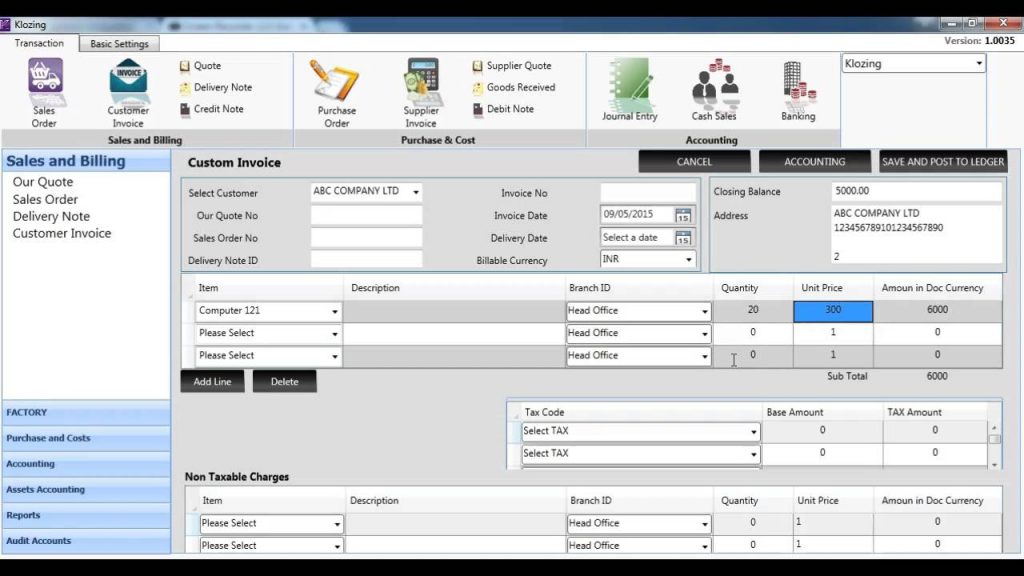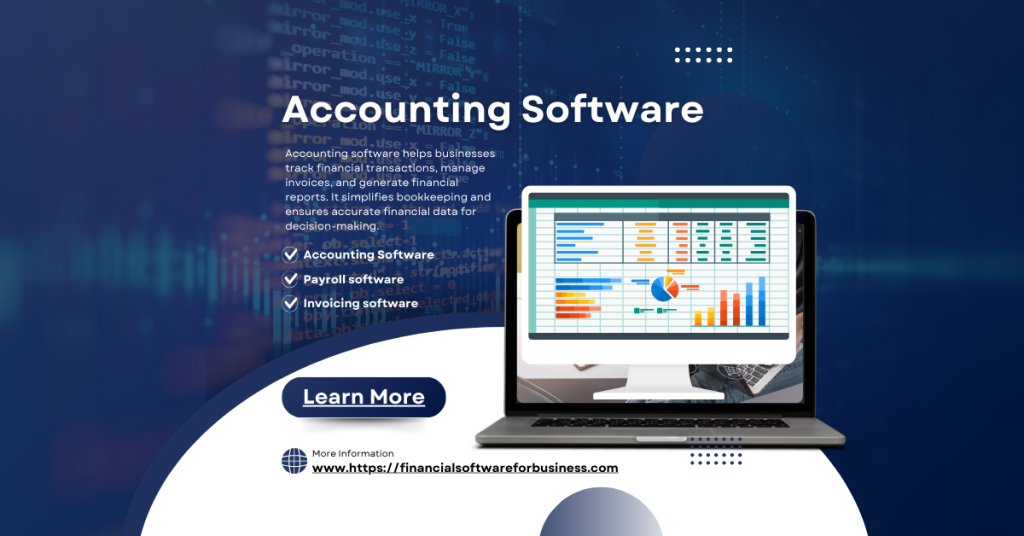ERP accounting software is a tool that combines accounting functions with enterprise resource planning (ERP). It helps businesses manage finances and operations in one system.
Imagine having all your financial data in one place. ERP accounting software does just that. It unifies financial management with other business processes like inventory, sales, and human resources. This integration provides a comprehensive view of your business operations. It streamlines tasks and improves efficiency.
By using ERP accounting software, companies can make better decisions, reduce errors, and save time. This blog will explore what ERP accounting software is, its key features, and how it benefits businesses.
Introduction To Erp Accounting Software
ERP accounting software helps manage company finances. It integrates with other systems like sales, inventory, and human resources. This software provides a single source of truth for business operations. It helps businesses track income, expenses, and financial data. In short, ERP accounting software simplifies financial management.
ERP accounting software is crucial for businesses. It offers real-time data and insights. This helps in making informed decisions. Businesses can save time with automated processes. It reduces errors and improves accuracy. This software helps maintain compliance with regulations. Overall, it boosts efficiency and growth.
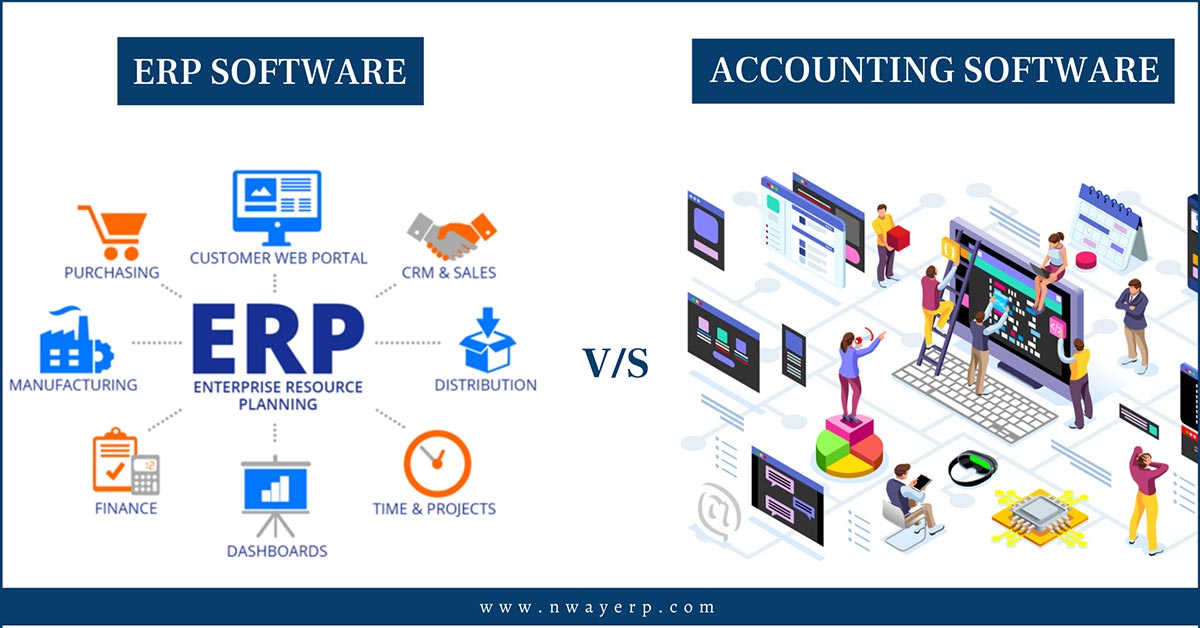
Credit: www.nwayerp.com
Core Features
ERP accounting software helps manage money. It tracks income and expenses. Budgets are easier to set. Reports show where money goes. This helps in planning. Bills are paid on time. Invoices are sent quickly. Taxes are easier to calculate. Financial records are safe and organized.
Inventory tracking is a key feature. It shows stock levels in real-time. Alerts are sent when stock is low. This prevents overstocking and shortages. Orders are tracked from purchase to delivery. Items are easy to find in the system. This saves time and effort. Inventory costs are reduced. Business runs smoothly.
Benefits
ERP accounting software helps in making tasks easier and quicker. It reduces the need for manual data entry. This saves time and reduces errors. Automated processes ensure tasks are done consistently. Employees can focus on more important tasks. This leads to better productivity.
ERP software provides accurate and real-time reports. You can access financial data anytime. This helps in making better decisions. Reports are easy to generate and share. Detailed insights are available at your fingertips. It helps in tracking performance and identifying issues quickly.
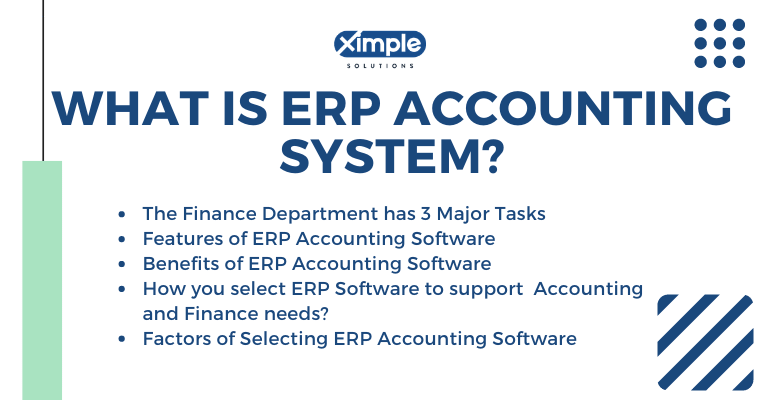
Credit: www.ximplesolution.com
Types Of Erp Accounting Software
Cloud-based ERP accounting software is hosted on the vendor’s server. Users can access it via the internet. It offers flexibility as you can access data from anywhere. This type of software updates automatically. This saves time and effort. It also reduces the cost of IT infrastructure. All you need is a good internet connection.
On-premise ERP accounting software is installed on your local servers. It offers full control over your data. This type of software is customizable. It is also secure since it is on your premises. But it requires regular maintenance and updates. The initial cost can be high due to hardware and software expenses.
Choosing The Right Solution
Understand what your business needs most. Focus on key areas like financial reporting, inventory management, and customer data. Ensure the software fits your company’s size and goals. Check if it can grow with your business. Identify any special requirements unique to your industry.
Research different vendors carefully. Look at their reputation and customer reviews. Compare their features and prices. Check their customer support and training options. Ensure they offer updates and can handle future growth. Pick a vendor that matches your needs and budget.
Implementation Process
The first step is planning. This means setting clear goals. What do you want to achieve? Next, preparation is key. Gather your team and resources. Make sure everyone knows their roles. Set a timeline for each step. This helps keep the project on track. Communication is important. Keep everyone updated. This avoids confusion. Regular meetings help too. They keep everyone on the same page.
Training is very important. Your team needs to learn the new system. Provide training sessions. They should be easy to understand. Use simple language. This helps everyone learn quickly. Support is also needed. Help your team when they have questions. Offer assistance quickly. This keeps the project moving. Ongoing support is important too. Problems can come up later. Be ready to help anytime.
Common Challenges
Moving data to ERP software can be hard. Old systems may not match new ones. Data might get lost or mixed up. Careful planning is needed. Testing helps catch errors early. Accurate data is crucial for success.
People may resist new systems. They like old ways better. Training is key. Simple guides can help. Support teams should be ready. Patience is needed for everyone to adapt. Change takes time.
Future Trends
AI will change ERP accounting software. Tasks like data entry will become automated. This means fewer mistakes. It also saves time. Smart systems will predict trends. They help in planning and decision-making. Chatbots will answer user questions. They make support faster and easier.
ERP accounting software will connect with more systems. This includes CRM and HR tools. Data sharing will be smooth. Integration makes work easier. No more switching between apps. All data in one place. Better insights and reports. Teams will work together better.
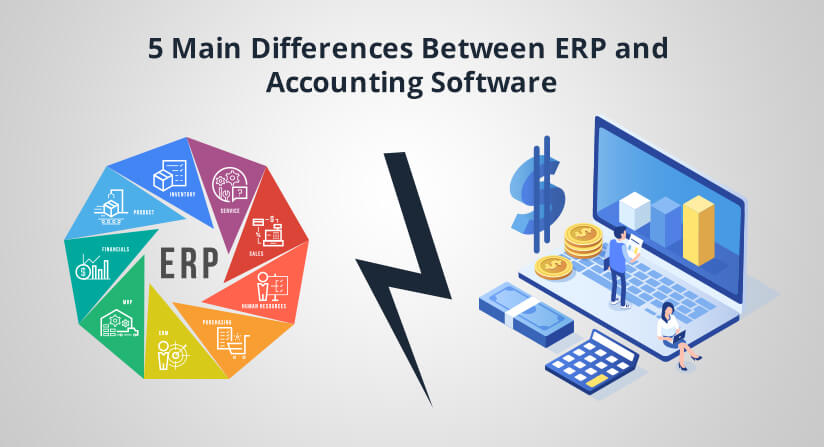
Credit: www.optiproerp.com
Conclusion
ERP accounting software simplifies financial management. It integrates various business processes. This efficiency boosts productivity. Businesses can track finances in real-time. Decision-making becomes data-driven. Small and large businesses benefit equally. Adoption leads to streamlined operations. Costs reduce due to automated tasks.
Scalability supports business growth. ERP accounting software is a smart investment. It ensures accurate financial reporting. Embrace technology for better financial control. Stay competitive in the market.
